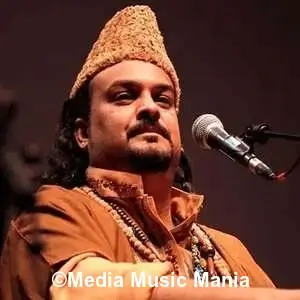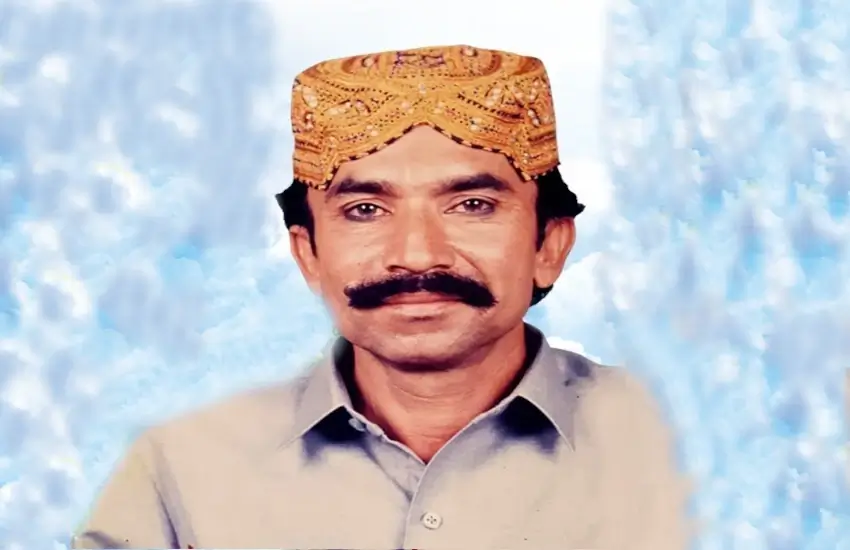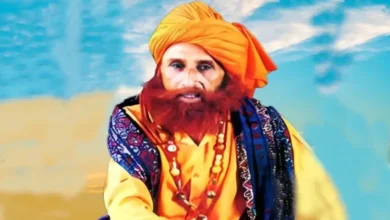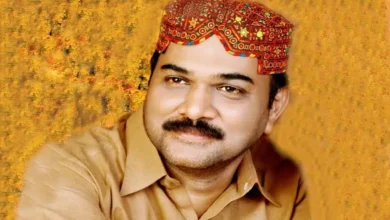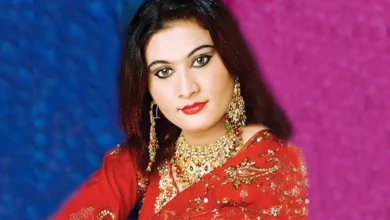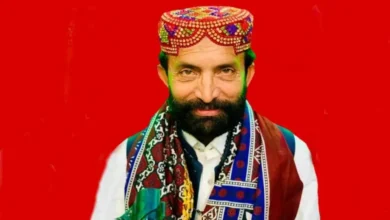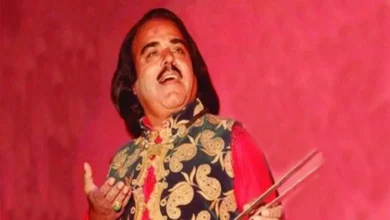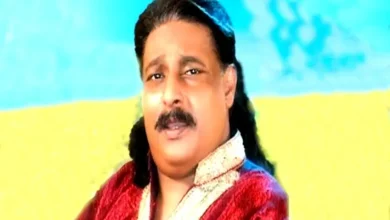Amjad Sabri – Bio, Top 20 Best Pakistani Qawwali Music
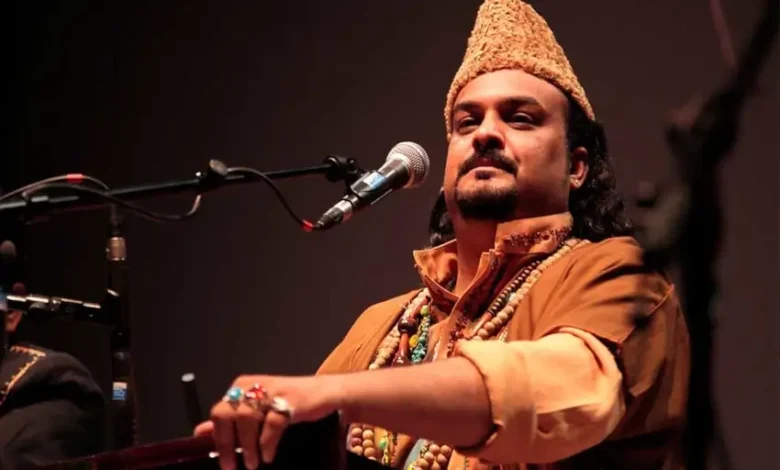
Qawwali music, a rich and soulful genre rooted in Sufi traditions, has touched hearts across the globe. Amjad Sabri stands out as a beacon of talent and spirituality among this art form’s luminaries. This article delves into Amjad Sabri’s life and legacy, exploring his contributions to Qawwali music and the enduring impact of his work.
Table of Contents
ToggleAmjad Sabri Best Pakistani Qawwali Music Download
Early life of Amjad Sabari
Amjad Sabri was born on December 23, 1976, in Karachi, Pakistan. From a young age, he was immersed in the world of qawwali, music that blends devotional and Sufi poetry into exotic rhythms. His father Ghulam Farid Sabri was a famous qawwali singer, Amjad initially discovered the music through his father’s teachings.
Training and Development
Amjad’s formal training in Qawwali began at the tender age of nine. His father took great care to nurture his talent since he got rigorous training in “Raag Bhairon”. These morning shows were more than just music; They were a spiritual journey that required discipline and dedication. By the time Amjad was 12, he performed with his father, showcasing his budding talent to audiences.
Rise and make a name for yourself.
The young prodigy’s first major role came in 1988, launching his illustrious career. Amjad Sabri’s journey is closely linked to the legacy of the Sabri Brothers, a qawwali group founded by his father and uncle, Maqbool Ahmad Sabri. They performed together in Sufi temples, captivating audiences with their soulful emotion.
Highlights of his career
His interpretation of the timeless qawwali “Tajdar-e-Haram” earned him wide recognition and remains popular to date. In 1996 he formed his band with his brothers and released their first album “Balaghal Ola Bey Kamalehi” which included the popular song “Sar-e-la, makan se talab huwi”.
Qawwali Music: An Overview
Qawwali is a form of Sufi devotional music that originated in the Indian subcontinent. It stands out for its powerful voice, accompanying harmonica and melodious melodies.
Amjad Sabari’s contribution to Qawwali
Amjad Sabri’s unique style and powerful voice brought a new dimension to Qawwali music. His ability to blend traditional elements with modern influences helped qawwali become popular among young listeners. His performance was not just music; They were profound spiritual experiences that touched people from all walks of life.
Wonderful performance and performance
Amjad Sabri performed at many Sufi temples in South Asia, including revered dargahs in Pakistan and India. His collaborations with other renowned artists like Rahat Fateh Ali Khan further solidified his status as a Qawwali master. One of his most memorable roles was at Coke Studios, where he co-produced “Aaj Rang Hai” with Rahat Fateh Ali Khan, showcasing his unique talent to a global audience.
Music by Amjad Sabri and Coke Studio
Coke Studio, a popular music television series in Pakistan, played a significant role in bringing Qawwali to a wider audience. Amjad Sabri’s performances on the show, particularly “Aaj Rang Hai,” were critically acclaimed and loved by fans. These performances not only highlighted his vocal prowess but also his deep connection to the spiritual essence of Qawwali songs.
Personal Life and Philosophy
Amjad Sabri was known for his humility and dedication. His music was an expression of his spiritual beliefs and deep connection to Sufism. He believed in using his art to spread the message of love, peace, and harmony. This philosophy was reflected in his performances, which often moved the audience to tears.
A sad ending
On June 22, 2016, the world lost Amjad Sabri to his tragic murder in Karachi. His untimely death was a blow to the music industry and its millions of fans around the world. Despite his tragic end, his music continues to inspire and uplift.
Property and Influence
Amjad Sabri’s legacy lives on through his Pakistani music. He has inspired a new generation of Qawwali artists who are trying to continue their tradition. His recordings remain popular and his influence can be seen in the works of contemporary musicians who blend traditional and contemporary elements in their music.
The future of Qawwali music
Qawwali continues to evolve, with new artists emerging and pushing the boundaries of the genre. The influence of a maestro like Amjad Sabri ensures that the essence of qawwali remains intact as it changes with modern trends. The future of the genre looks promising, with a growing global audience appreciating its rich cultural and spiritual heritage.
Conclusion
The life and work of Amjad Sabri is a testament to the transformative power of music. His contribution to Pakistani Qawwali has left an indelible mark on the genre, ensuring that his legacy continues to inspire future generations. Through his soulful performances, he showed that music is not just an art form but a way to connect with the divine and touch the deepest corners of our souls.
FAQs
Who was Amjad Sabri?
He was a member of the famous Sabri Brotherhood.
What is Qawwali music?
Qawwali is a form of Sufi devotional music that originated in the Indian subcontinent. It stands out for its powerful voice, accompanying harmonica and melodious melodies.
What are some of Amjad Sabri’s most famous books?
His famous works include “Tajdar-e-Haram”, “Aaj Rang Hai”, and his version of “Bhar Do Jholi Meri” from the Bollywood film “Bajrangi Bhaijaan”.
What is the significance of Amjad Sabri’s role at Coke Studios?
Amjad Sabri’s performance at Coke Studios, especially on “Aaj Rang Hai”, brought Qawwali music closer to a global audience, and showcased his unique talent and deep spiritual connection to the art form.

